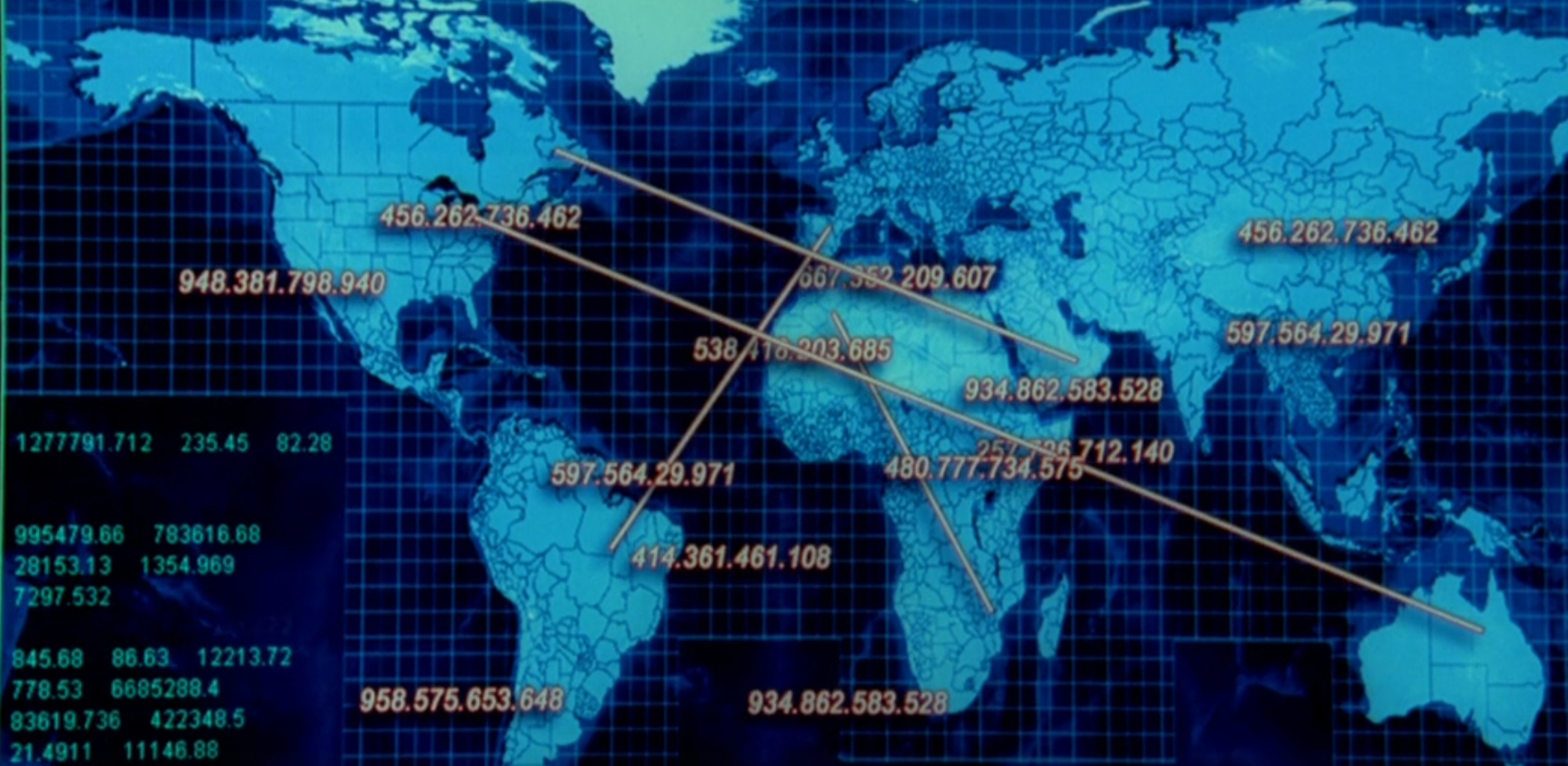I know it's a joke, but the idea that NAT has any business existing makes me angry. It's a hack that causes real headaches for network admins and protocol design. The effects are mostly hidden from end users because those two groups have twisted things in knots to make sure end users don't notice too much. The Internet is more centralized and controlled because of it.
No, it is not a security feature. That's a laughable claim that shows you shouldn't be allowed near a firewall.
Fortunately, Google reports that IPv6 adoption is close to cracking 50%.

